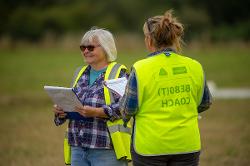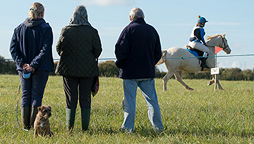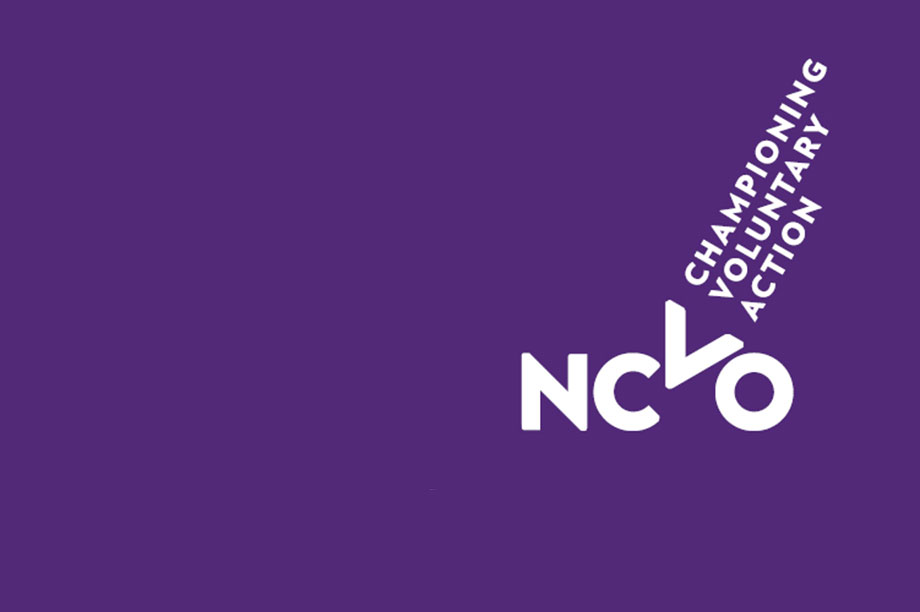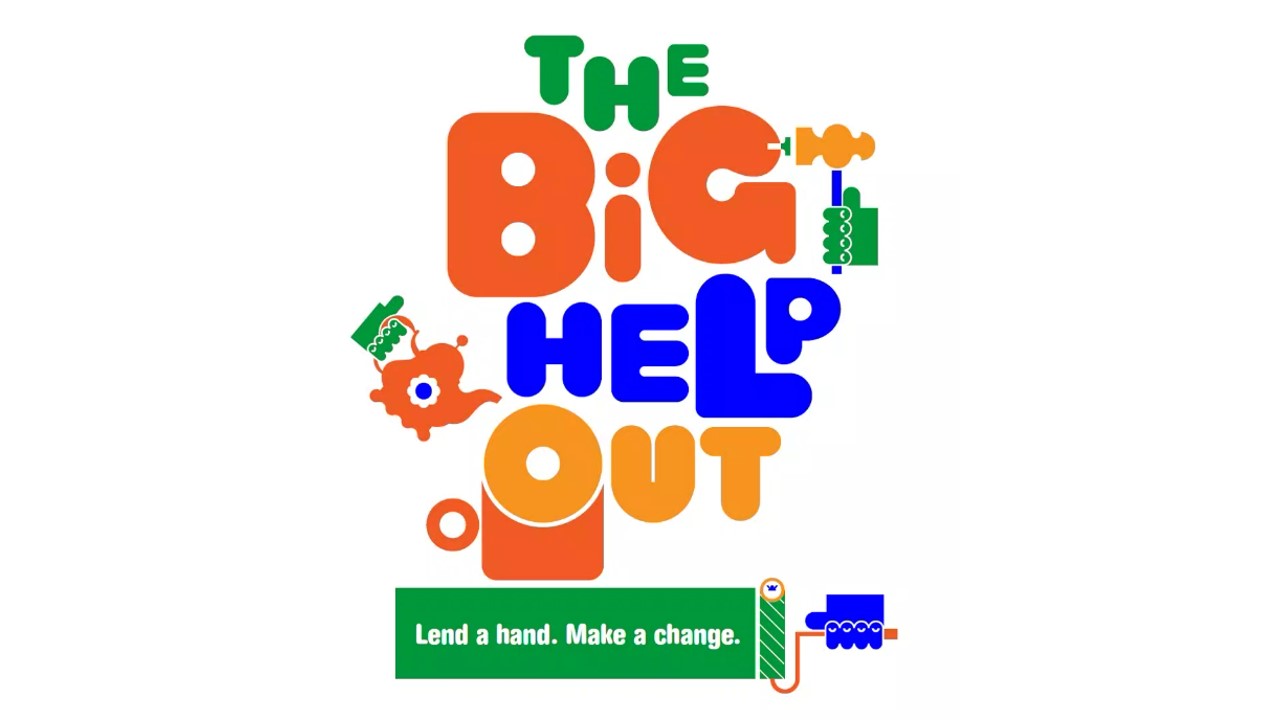Volunteering for employers
Many equestrian centres, groups and events rely on dedicated volunteers.
It's hard to know where to start when you're looking for volunteers, but there's lots of information available to support you to get it right.
Volunteers come from all backgrounds with vast ranges of experiences: parents, children, older members of the community, those who no longer ride but still like to be part of the equestrian community, and those who are completely new to the sector. 
What is a volunteer?
Someone freely giving time to an activity without the expectation of getting paid.
Plan
Volunteering Strategy
Use a volunteering strategy to set out what you want to achieve with volunteering and how. It will explain how volunteers contribute to your organisation or centre's aims as well as how you will find, recruit and support them.
The National Council for Voluntary Organisations (NCVO) website provides guidance on how to write this.
Factor in time to spend training your volunteers when they start.
Ongoing volunteers become an extension of your staff, but make sure their roles remain enjoyable and worthwhile, ensuring that they’re trained appropriately for their role and supported in their tasks.
Sport England
Sport England have compiled a series of tips for planning and organising your volunteering organisation or a project to assist clubs.
Attract
Recruiting Volunteers
Buddle: Sport England - The Finding Volunteers section will help you reach new people and attract them with effective communication, dispelling myths and some fantastic case studies from local communities. Buddle also offers webinars within volunteering experience across the year.
The network of Active Partnerships may have local support to help you connect with organisations and people looking for volunteering opportunities.
The Big Help Out is a great platform to advertise for volunteering roles and provides advice on advertising in your local area.
Some ideas to get you started advertising your roles:
- On your own website or through external websites such as Do It.
- Notice boards in cafes, colleges/ universities, local community groups.
- Social media posts with relevant information and a phone number or email address for enquiries.
- Organise a volunteer recruitment day for your centre to showcase the range of opportunities you offer.
Duke of Edinburgh Award Scheme: Those taking part in the Duke of Edinburgh Award Scheme are also looking for volunteering opportunities to help pass their Bronze, Silver and Gold awards.
Volunteer agreement
It can be useful to draw up a volunteer agreement between the organisation and volunteer to help both parties understand what to expect from each other. Guidance can be found on the NCVO website.
Develop
Spending time with your volunteers and taking an interest in why they’re there can help create good working relationships and help you provide individual support.
Break the tasks down into manageable chunks at first, buddy volunteers up and/or mentor them to help them settle in. As their skills and knowledge develops, their role can grow too.
Provide opportunities for your volunteers to develop their skills and knowledge through training sessions, offering new experiences or supporting them to take qualifications within the equestrian industry.
Young Equestrian Leaders Award (YELA): Run by The Pony Club, YELA provides tiered awards for young volunteers aged between 13 and 25 years in equestrian sport.
Recognise
Looking after your volunteers is key to retaining them.
You can greatly improve the experience for your volunteers by providing meaningful recognition of their commitment. You can organise a volunteer get together, nominate them for local and national volunteering awards or simply say 'thank you' for their hard work.
Volunteers' Week
Volunteer's week is an annual campaign that celebrates the fantastic contribution that millions of volunteers make across the UK. It's a fantastic opportunity to showcase the hard work of the volunteers who contribute to your centre or club, or to recruit new ones.
Equestrian Awards
The British Horse Society hold annual awards each year, in which centres who are affiliated to them can nominate volunteers who have made a positive impact to the community.
horsecotland hold the National Equestrian Awards.
Useful resources
Sport England, Sport Scotland and Sport Wales provide lots of advice and resources to help you to recruit and retain volunteers.
Do It is an online platform that allows organisations, clubs and groups to promote volunteering opportunities and match with volunteers with similar interests.
While the government regards volunteering as an inclusive activity that's open to all, it should be acknowledged that there are some legal and safety restrictions that can create barriers to the participation of certain groups. The NCVO have put together a comprehensive resource on how to involve and manage volunteering.
Reimbursing volunteers for any expenses accured through their time volunteering is important to ensure they are able to continue to give you their time. The NVCO have guidance on this.
Find more volunteering opportunities and volunteer rights, pay expenses, age limits and criminal record checks on the UK Government website.






